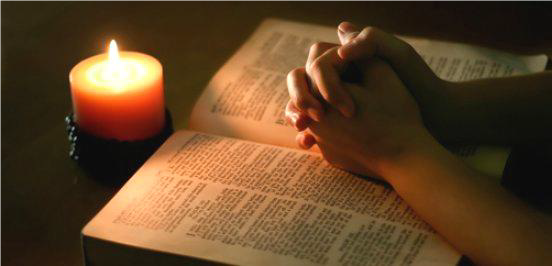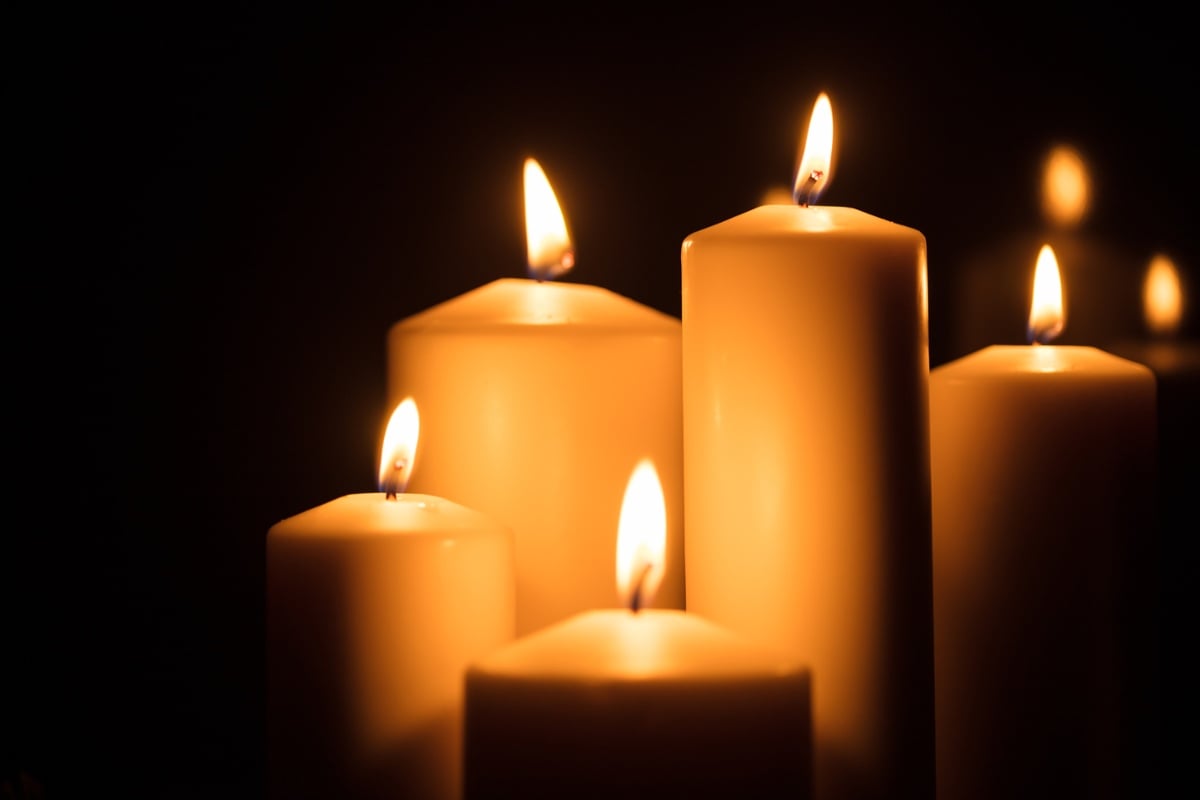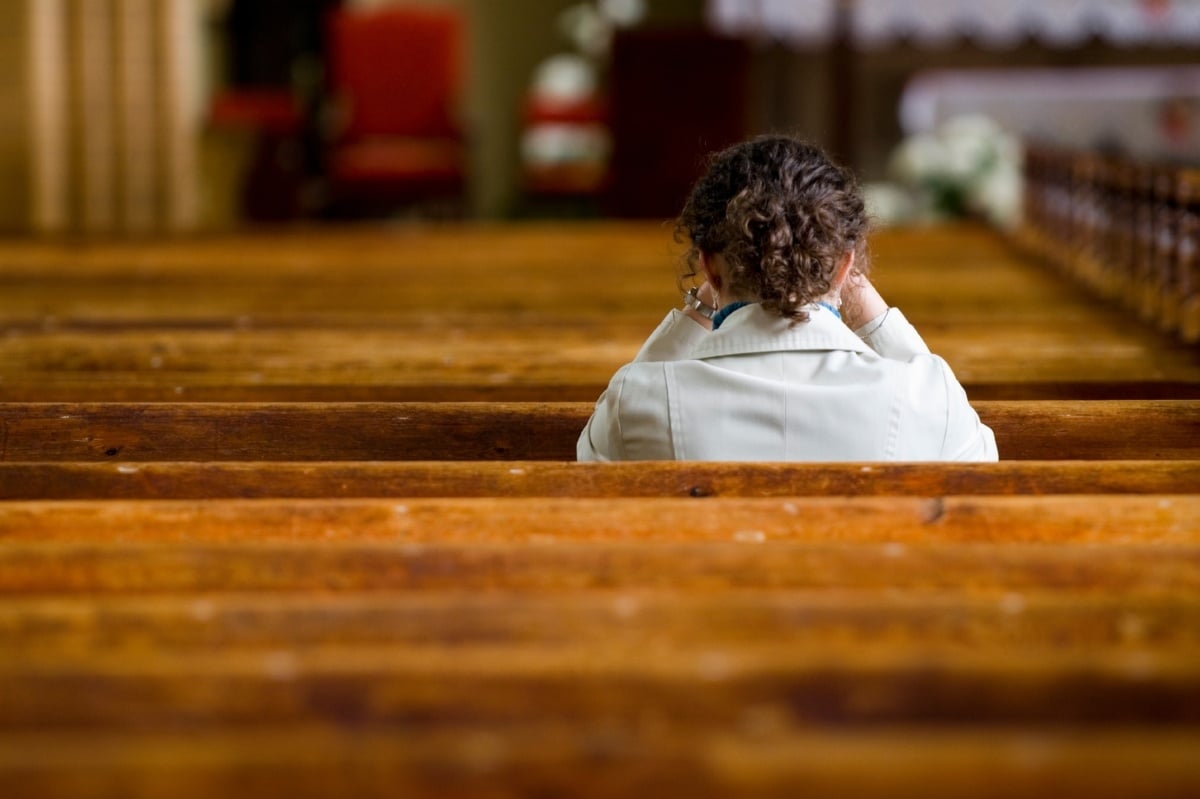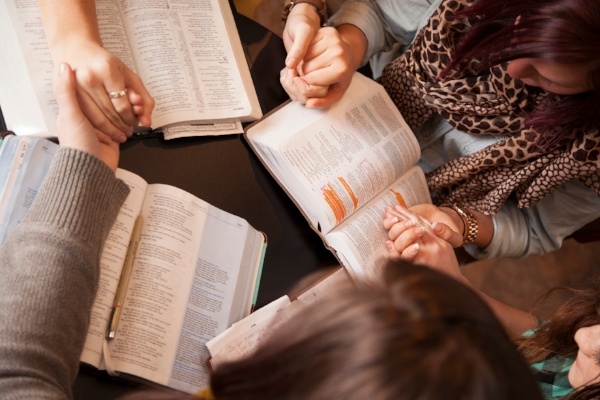
Many people wonder: How can we have a close relationship with God? The truth is, our relationship with Him depends on the intensity we experience with humanity. As humans, we require intimacy in our relationships. We need intimate moments such as spending quality time together, giving and receiving gifts, performing acts of service, and exchanging love physically. Marriage counselor Dr. Gary Chapman talks about this in his New York Times Bestselling book "The 5 Love Languages: the Secret to Love that Lasts."
With all the crisis we encounter in our lives, we face the fundamental questions of our experience in prayer. You may have read many different literature on prayers and relationships with God, however, let me share with you a tested method that may allow you to better experience the Lord's love.
Let me propose to you the "Technique and Art of the Ignatian Spirituality on the Examination of Conscience." This has been elaborated in the work of Edouard Gueydan, S.J. on Exercices Spirituels (53) and the book of Piet De Vries Penning: Discernement des esprits: Ignace de Loyola (5-7).
What is the Examination of Conscience?
The Daily Examination of Conscience prayerfully reviews our recent past in finding God and God‘s blessings in life. This pertains to one‘s past thoughts, words, and actions to know if they conform or not with the moral law. This can be done in the middle of the day, before sleeping, or before confession. This Examination of Conscience helps us identify the "blocks" in our life and awakens our daily consciousness with our day-to-day living, particularly in our relationships with others. By practicing the Examination of Conscience, we will be able to identify the grace of God and the destruction of sin in our life.
Since God looks down on sin, we dig deeper into our prayer life to measure our intimate relationship with our Lord Jesus Christ. Failing to do the Examination of Conscience daily means we are on the road to destruction.
Elements of the Examination of Conscience.
According to Father Mark E. Thibodeaux, SJ in his book "Reimagining the Ignatian Examen: Fresh Ways to Pray from Your Day," the 'Examination of Conscience' includes the following elements:
Preparatory: Mindfulness exercise, which is to neutralize our disposition through breathing exercises and imagining the Holy Presence of the Holy Trinity with the illuminating light. This is followed by an opening spontaneous prayer and noting the following elements.
1. Act of Gratitude to God in the form of thanksgiving. Thank God based on what you have received.
2. Review the day. Prior to this, you have to ask the Holy Spirit to lead you through this difficult soul-searching. Without the Spirit of God, we may be liable to hide in denial, wallow in self-pity, or seethe in self-loathing.
3. Recognize failures during review. This is to ask the Spirit of God to help us point out the moments of big or small mistakes. Take a sobering moment to look at those mistakes.
4. Ask forgiveness. During this intimate moment with Jesus Christ, ask God for forgiveness. If mistakes were committed, ask God for the healing of any harm that might have been done. Ask for wisdom on how to handle the triggers and tricky moments in life in order to move on in the future.
5. Pray about the next day. This is to trust in the Divine Providence. Ask God to show you how tomorrow might go. Ask God about the difficulties of tomorrow that have been experienced today. Conclude with any devotional prayer you know or a spontaneous prayer.
The Examination of Conscience can be summed up as relishing the moments of gifts we have received that day. By practicing the prayer we learn through the Examination of Conscience, we engage in the technique of discernment of grasping the dynamics and undercurrent of culture.
Father Anthony De Mello, S.J. in his book "Sadhana: A Way To God Christian Exercises in Eastern Form (31)" has something to offer in our prayer time. He claims that we need to try to reduce the amount of thinking that we do and pray more with the heart. As St. Teresa of Avila says, "The important thing is not to think much, but to love much." We should focus on loving during our time of prayer, and God will guide us through our periods of trial and error.








